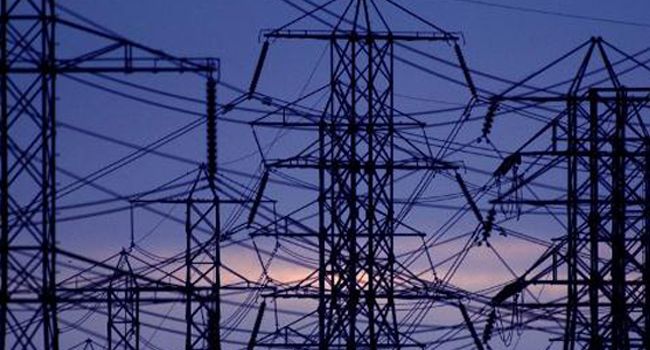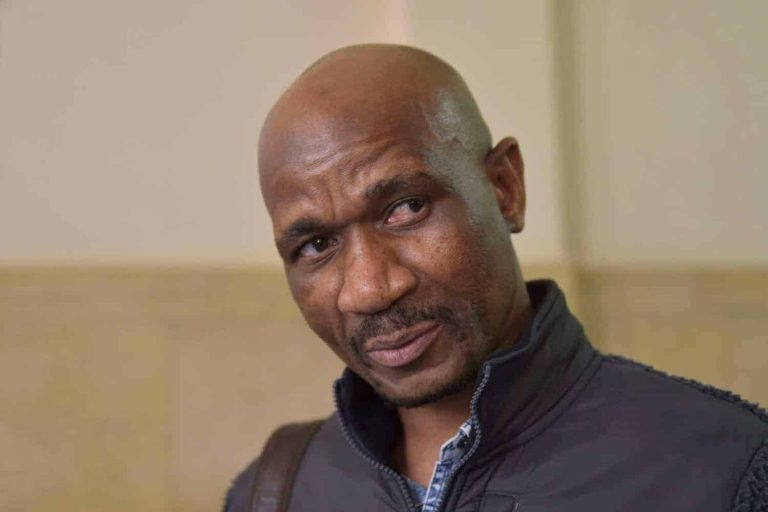
The Association of Power Generation Companies (APGC) has strongly opposed threats by the Nigerian Electricity Regulatory Commission (NERC) to disconnect non-compliant power plants from the national grid, describing the move as a distraction from more pressing issues plaguing Nigeria’s electricity sector.
Chief Executive Officer of APGC Joy Ogaji, in a detailed statement, said Nigeria’s generation companies are already battling grid instability, rising maintenance costs, and a chronic lack of financial discipline in the power market. According to her, these unresolved systemic failures are damaging power infrastructure and deepening operational losses across the industry.
The warning comes in response to NERC’s directive mandating all GenCos to integrate and activate Free Governor Control (FGC) on their generating units by November 30, 2025. The commission has threatened a prorated 10% penalty on invoices for non-compliance, and warned that any generating unit that fails to meet the requirement for 90 consecutive days risks being disconnected from the national grid.
While acknowledging NERC’s efforts to enforce grid discipline, Ogaji stressed that the current condition of Nigeria’s transmission infrastructure poses a far greater risk to the stability and sustainability of power generation.
“In any functioning electricity market, the transmission network plays a critical role. Unfortunately, in Nigeria, the weak and often unstable transmission grid is undermining the entire power value chain,” she said.
Ogaji noted that Nigeria’s thermal and hydro plants are being forced to operate significantly below their baseload design, resulting in operational inefficiencies and inflated production costs. “These plants are designed to run optimally at base load. Deviations caused by unstable grid conditions reduce their efficiency and increase fuel consumption and wear,” she explained.
She revealed that frequent disturbances in the grid are pushing generation systems beyond safe operating limits, leading to equipment failures and soaring maintenance costs. In some cases, maintenance expenses have reportedly tripled due to repeated disruptions.
“The maintenance intervals are shrinking, downtime is increasing, and the stress on generating equipment is becoming unsustainable,” Ogaji warned.
One of the major shortcomings she highlighted is the absence of spinning reserves, which are essential for maintaining frequency within the acceptable 50 Hz range. “Without spinning reserves, it is nearly impossible to keep the grid stable. Frequency fluctuations are wreaking havoc on our machines,” she stated.
On the issue of Free Governor Mode Operation (FGMO), Ogaji clarified that while it is a standard feature in most power plants and supports grid stability, it cannot work in isolation. “FGMO alone won’t prevent system collapses or minor disturbances. It must be implemented alongside other critical grid code requirements,” she said.
The APGC also pointed to external stressors, such as industrial customers like steel mills, as a growing concern. According to Ogaji, these large users introduce harmful electrical harmonics and voltage fluctuations into the grid, which in turn damage generator turbines. “The stress from harmonics affects the rotors and blades, causing cracks and distortions. This kind of stress wasn’t accounted for in the original design of these machines,” she said.
She further lamented that many of the costs incurred by GenCos are not captured in the current tariff structure. For example, when gas turbines are forced to operate below their baseload, they consume up to 20% more gas a cost neither recognized by the Nigerian Bulk Electricity Trading PLC nor factored into regulated pricing.
“Even our declared capacities aren’t being fully utilized or compensated for. This financial gap is putting our survival at risk,” she stated.
Calling for urgent regulatory reforms, Ogaji demanded that the electricity market adopt enforceable regulations compelling immediate payment of GenCos’ receivables as already stipulated under the industry’s rules and licensing agreements.
“GenCos remain committed to working with all stakeholders to improve the Nigerian Electricity Supply Industry (NESI), but not at the expense of our equipment or workforce,” Ogaji concluded.



